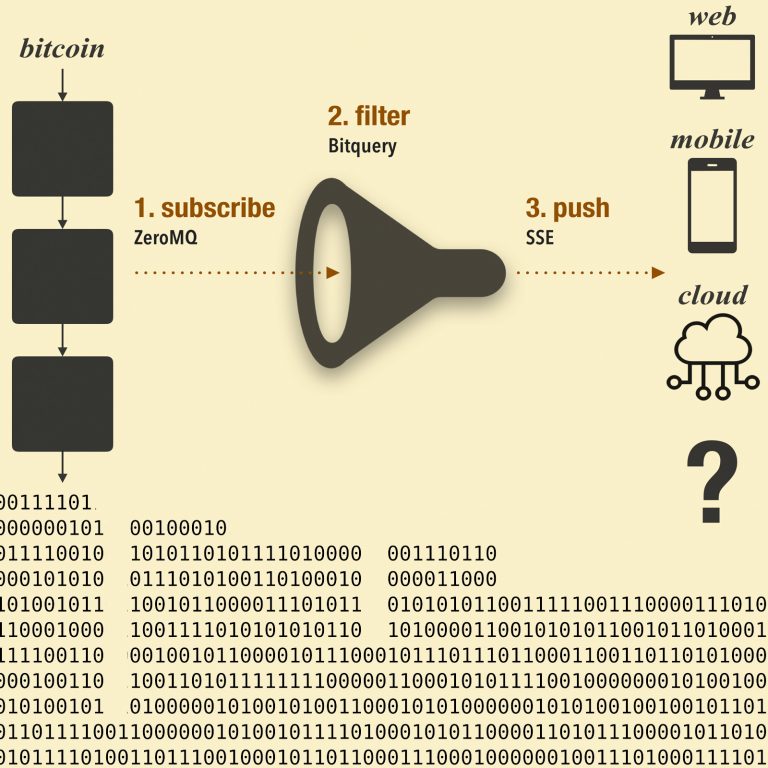
After a slew of new applications released over the last six months, on Oct. 24 the software developer Unwriter published another platform for the BCH ecosystem called Bitsocket; a real-time application program interface (API) for Bitcoin Cash. Essentially Bitsocket compliments Unwriter’s Bitdb ‘pull’ based API with a ‘push’ based infrastructure for transactions on the Bitcoin Cash network.
Also read: SEC Suspends Trading in Company Over False Cryptocurrency-Related Claims
Unwriter Publishes a Bitcoin Cash Transaction Push API Called Bitsocket
The developer Unwriter recently created a new application called Bitsocket, push notification infrastructure that can be integrated with real-time based Bitcoin Cash (BCH) applications. Unwriter explains in a blog post written on Yours.org, that even though Bitcoin has been around for almost 10 years developers couldn’t properly process, filter, and listen to transaction data in real-time. With Bitsocket coupled with Unwriter’s Bitquery, the protocol provides developers with this resource.
“Bitsocket lets you subscribe to any pattern of real-time bitcoin transactions through Bitquery to build real-time bitcoin event-driven apps,” Unwriter’s Bitsocket documentation details.
The programmer shows an example of a filter that listens to the transactions in real-time and how Bitsocket reconstructs the data into a digestible API format. However, Unwriter explains that a raw stream is “boring” and displays how much more robust the application can become when using Bitquery. Similarly to the raw linear bitcoin transaction format Bitdb 2.0 processes, Bitsocket does the same for incoming transactions in real-time. So instead of storing the data in the Mongo database, the platform runs a real-time in-memory filter and organizes the functions into an application specific event.
Unwriter states:
Each transformed event from the previous step is pushed to the corresponding application via SSE (Server-Sent Events)



